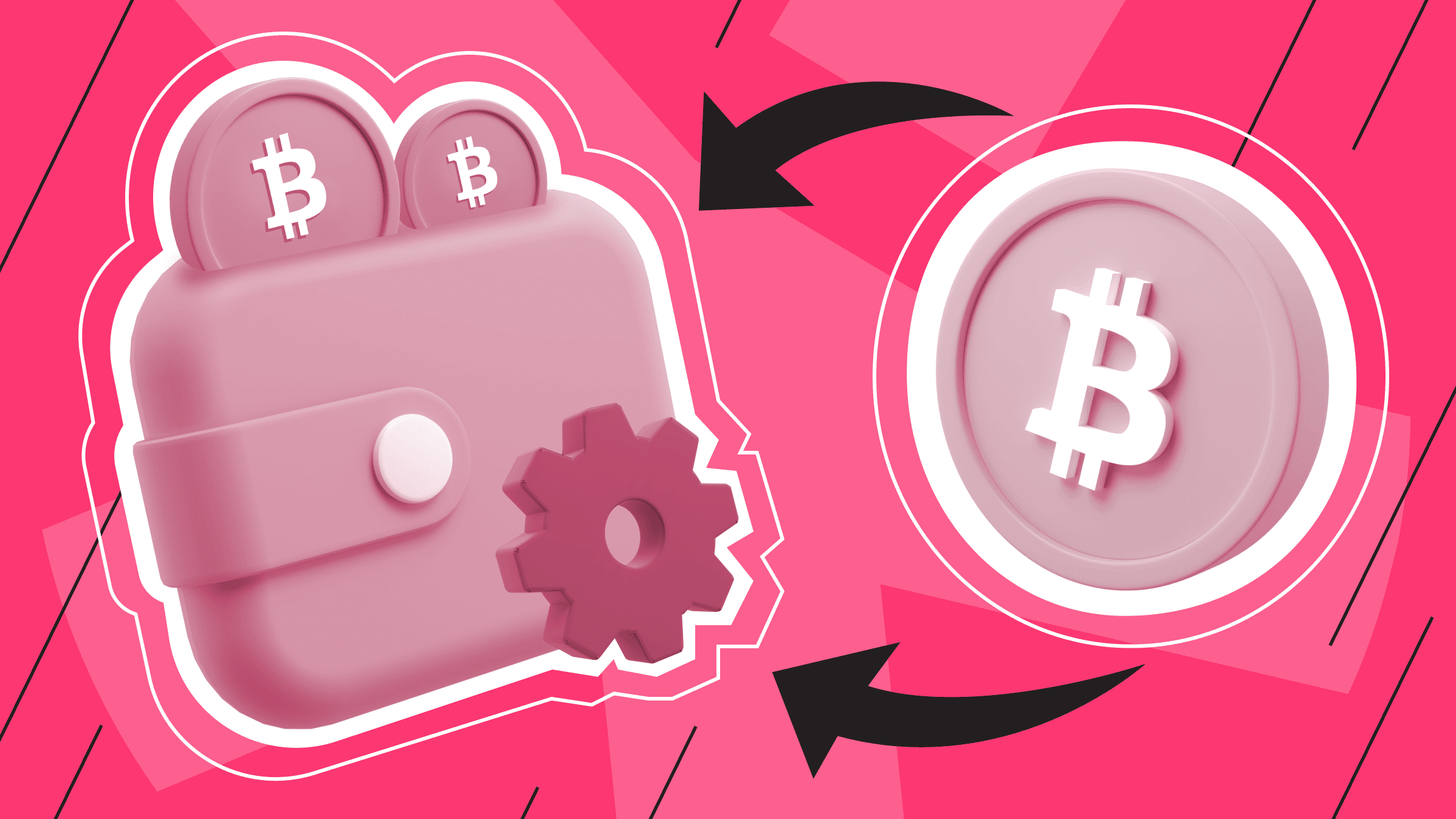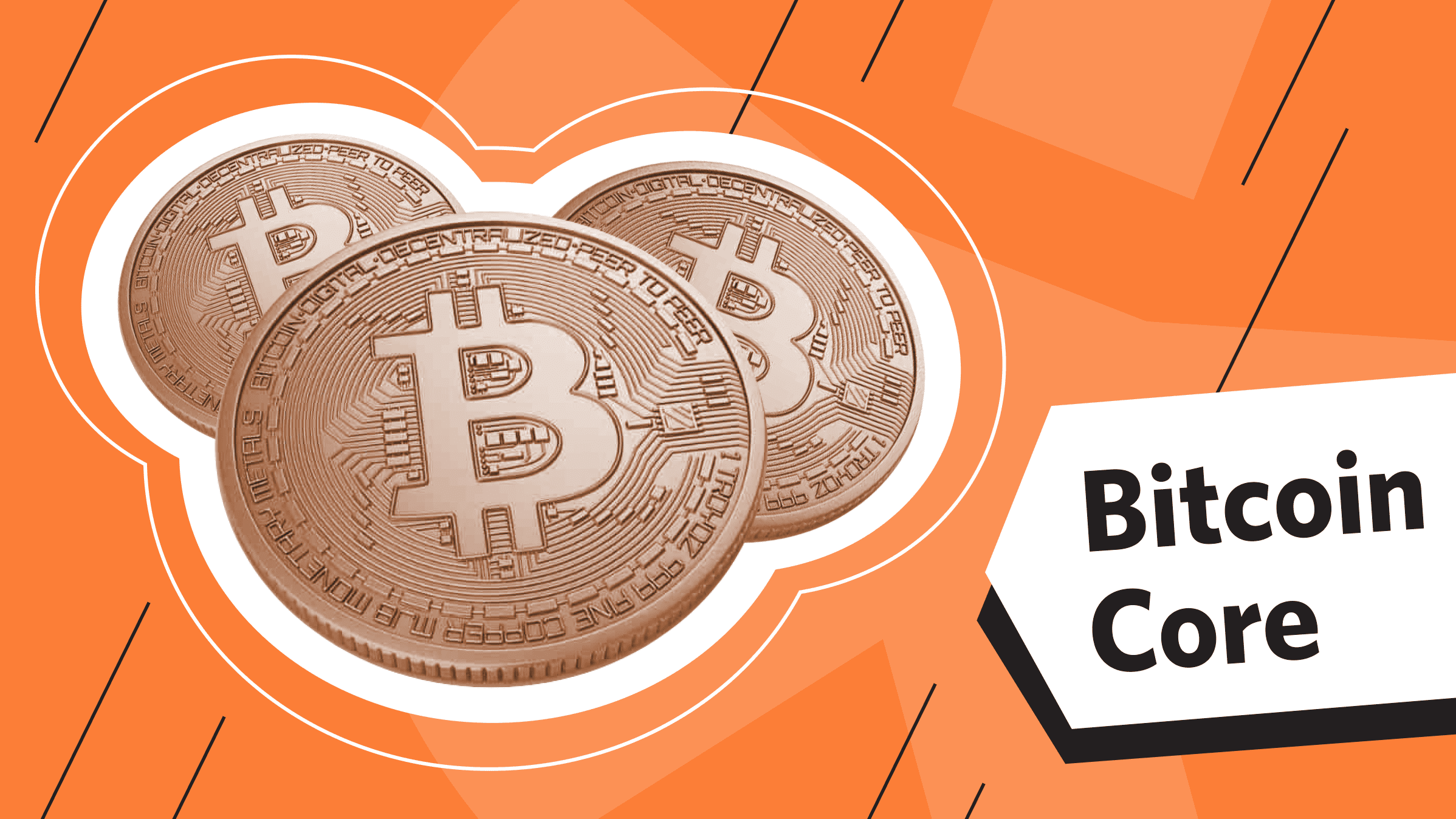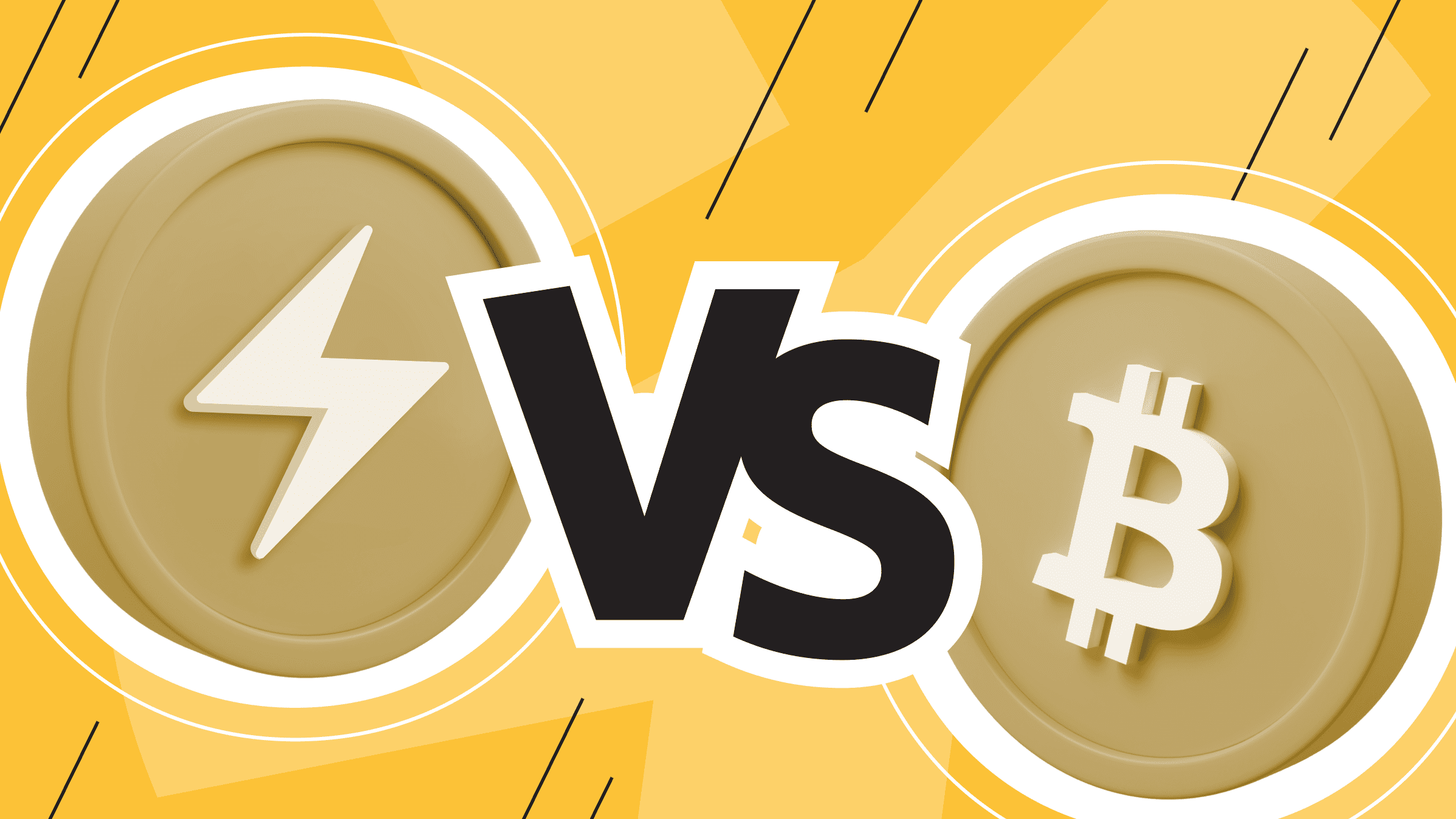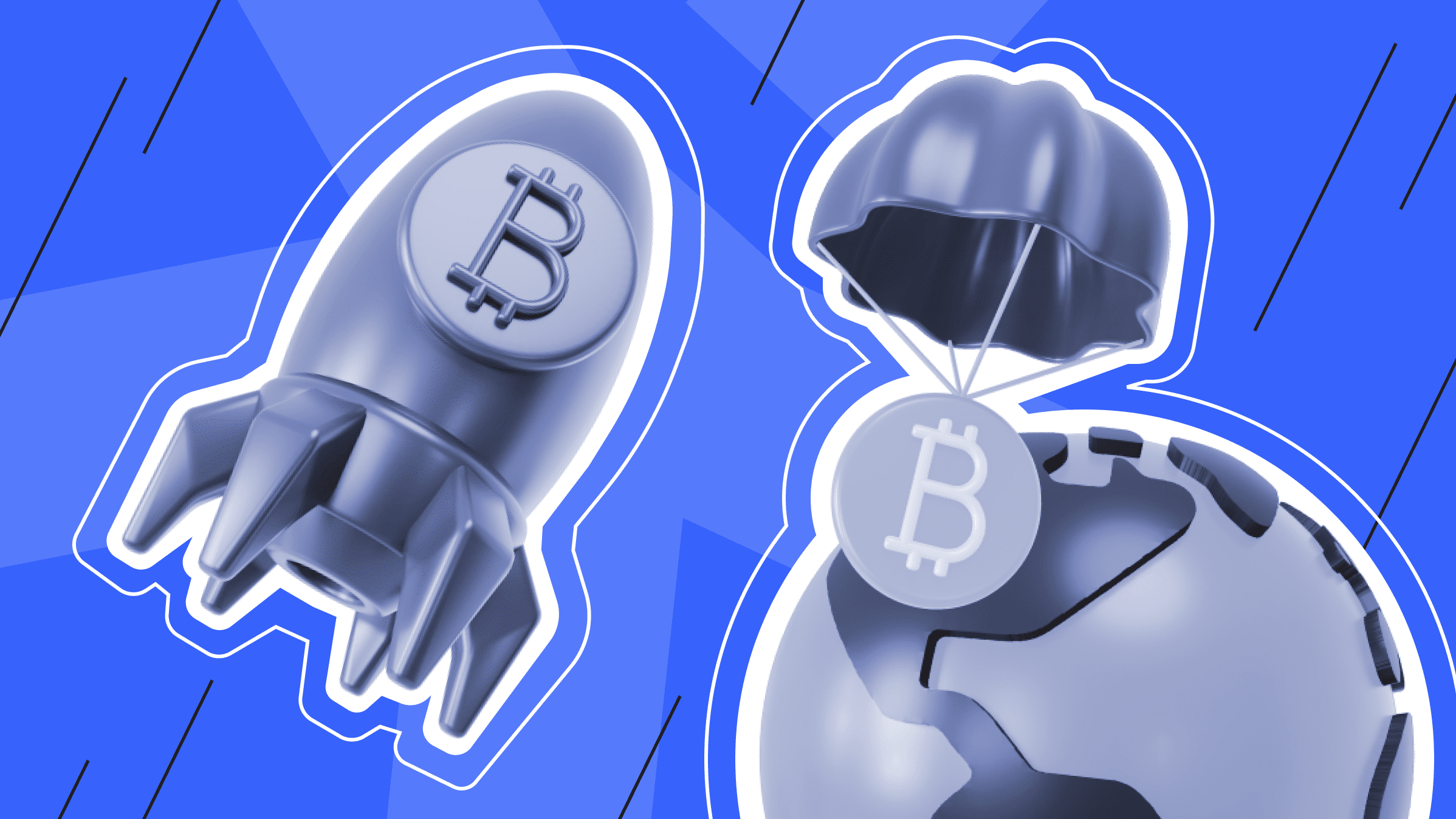
Why do people use Bitcoin? Some people are not satisfied with the slowness and system of banks and financial organizations; some want to remain anonymous and not disclose their financial transactions, and for others, the level of commission and decentralization is important.
Bitcoin, the world's largest cryptocurrency, has been around for more than a decade. Created in the 2000s, it was conceived as a decentralized digital currency that could provide secure transactions without the involvement of intermediaries such as banks. This article will discuss why Bitcoin is needed and its importance today.
Who started Bitcoin and why?

Bitcoin has a fascinating history dating back to 2008, when Satoshi Nakamoto first introduced it. The identity of Satoshi Nakamoto, the creator of Bitcoin, remains a mystery to this day. Some believe it is a pseudonym for a group of people, while others believe it is one person. Whoever Satoshi was, his creation revolutionized the world of finance.
The creation of Bitcoin was detailed in a document called "Bitcoin: A Peer-to-Peer Electronic Cash System". This document outlined the concept of a digital currency that operated on a peer-to-peer (P2P) network, eliminating the need for intermediaries, and was managed by a community of its users.
The idea behind Bitcoin was to create a decentralized digital currency that was not controlled by any government or financial institution. Bitcoin's first transaction took place in 2009, and since then, its popularity and value have grown steadily.
Bitcoin's breakthrough was in solving the problem of double spending. While banks tracked the amounts in all users' accounts to prevent double spending, Satoshi Nakamoto came up with an idea of his own. The Bitcoin blockchain makes all accounts and transactions public without revealing sensitive information. Publicity simply prevents double spending because it is immediately visible.
Why are Bitcoins used, and what are the benefits?

So, Bitcoin is a universal digital currency not controlled by any official authority. It allows you not to be tied to a specific currency of a specific country.
Bitcoin has been a popular topic of discussion throughout its existence, and for good reason. There are many advantages to using Bitcoin as a currency, which is why it has gained so much value.
One of the main advantages is decentralization, i.e., no control by the government or financial institutions. This provides greater privacy and security, and the ability to conduct transactions without intermediaries. Bitcoin owners use public and private keys to access their wallets.
The security of using Bitcoin lies in cryptography, a method of protecting information through encrypted algorithms, hashes, and signatures. This way, all accounts and transactions are securely encrypted and not at risk like traditional currencies. The security of your funds depends on the secure storage of a private key. In this case, we talk about hot and cold wallets.
Why are Bitcoins so valuable?

The value of Bitcoin lies in its scarcity. Why are Bitcoins limited? Unlike traditional currencies, which can be printed or managed by a central authority, Bitcoin has a limited supply. There are only 21 million Bitcoins in the world, ensuring their value will be maintained for a long time. In addition, Bitcoin's value also comes from its utility as a medium of exchange and store of value. As more people become interested in Bitcoin, its demand will increase, leading to a higher price.
Can bank cards and banknotes be counterfeited? Of course they can. Bitcoin cannot be counterfeited, which protects many users from the threat and some scammers.
If we remember the classic payment for goods and services with non-digital currency, we are limited to symbolic cents. Bitcoin is divisible up to 8 decimal places. This divisibility allows for microtransactions and the use of Bitcoin for small purchases.
As a result, many investors view Bitcoin as a valuable investment. Despite its volatility, Bitcoin has proven to be a reliable means of storing finances over the long term.
Bitcoin's disadvantages
Having described all the advantages of this decentralized cryptocurrency, it is worth paying attention to its problems. In this case, we are talking about the following factors:
- High volatility. The price of Bitcoin is subject to significant fluctuations, and its value can rise or fall dramatically in a short period of time.
- Lack of guarantees. Bitcoin has no central issuer or guaranteeing bank, so there is no guarantee that it will be used in the future or maintain its value.
- Scaling issues. Bitcoin's transaction processing speed is limited, which can lead to delays and high fees during peak periods. However, this drawback has a solution in the form of the Lightning Network, discussed below.
- Large blockchain size. The complete archive of all Bitcoin transactions grows with each new transaction and can take up terabytes of storage.
- High energy dependency. The proof of work that underpins Bitcoin requires much computing power, increasing its carbon footprint. This issue concerns environmentalists and other users, as solutions to environmental problems and a promising cryptocurrency are important to modern society.
- Lack of anonymity. All transactions are publicly recorded on the blockchain, so complete confidentiality is not guaranteed.
- Risk of theft and loss. Your accumulated cryptocurrency is lost forever if you forget or lose your private access key.
What is the purpose of Bitcoin, and how does it work?
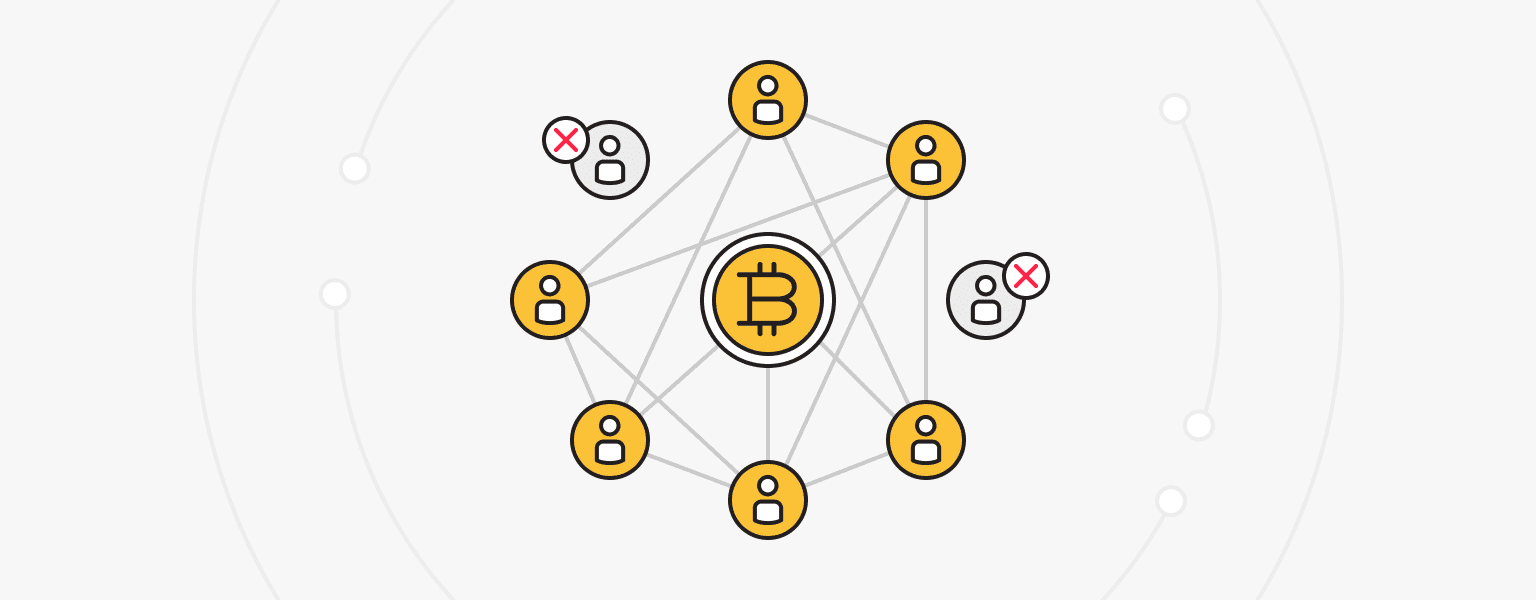
Blockchain is a decentralized digital ledger that securely records transaction data on several specialized computers on a network. Thanks to the blockchain, any transactions that differ from others are rejected by the system and do not go through, preventing fraudulent schemes.
The Bitcoin blockchain has a complete and permanent view of where each Bitcoin is at any given time, which guarantees and proves ownership without requiring the trust of third parties.
Let's explain how the Bitcoin blockchain works with a simple example.
Four strangers are gathered in a room, each holding a different notepad.
These strangers symbolize the Bitcoin community because, in reality, most Bitcoin users do not know each other. The Bitcoin blockchain is represented by these strangers' notebooks; the blockchain holds a public record of every Bitcoin transaction ever made. The blockchain is not stored on paper, it is completely digital. Note that there are countless identical copies of the blockchain stored by users of the Bitcoin blockchain that are constantly synchronized with the system.
When a Bitcoin transaction occurs, strangers independently record it and then compare their notebooks to see if the records match. Similarly, the transaction is recorded in every copy of the Bitcoin blockchain worldwide. The Bitcoin system constantly compares all blockchain copies to ensure that the recorded transactions match. If a record match is confirmed, the transaction is executed.
However, if one block (copy) differs from the rest, it means that one of the strangers (transaction participants) is lying about the transaction, and it is easy to identify who it is. Such a transaction is not accepted.
So, the way Bitcoin works comes down to the following components:
- Blockchain technology. Transactions in the Bitcoin system are recorded on a public "ledger" called the blockchain. This ledger provides transparency, prevents double spending, and keeps an unaltered record of all transactions.
- Wallets. Users store their Bitcoin in digital wallets, which are software programs that securely store private keys that allow users to access and manage their funds.
- Addresses. Transactions using Bitcoin involve sending funds from one address to another. These addresses are public keys associated with users' wallets and act as pseudonyms to protect privacy. A Bitcoin address is a string of numbers and letters. This is the only information needed to send and receive cryptocurrency, so your personal information is not shared.
- Transactions. When a user initiates a Bitcoin transaction, this information is sent to the network. It includes the recipient's address, the amount being sent, and the user's digital signature. These transactions are then aggregated into blocks.
- Consensus. Bitcoin is based on a consensus mechanism called Proof of Work (PoW). Miners compete to solve complex mathematical problems, and the first one to do so is allowed to add a block to the blockchain. This consensus ensures that users agree on transactions, allows copies to be compared, and prevents fraudulent activity.
- Confirmation. Once a transaction is added to the blockchain, it is considered confirmed. The number of confirmations increases as blocks are added, increasing security against double-spend attempts.
Why do people buy Bitcoin?

There are many reasons when it comes to who is buying bitcoins and why. Some see it as a speculative investment, hoping to profit from its volatility. Others see it as a way to protect their wealth from inflation or political instability. Then some use Bitcoin for its anonymity and decentralization, allowing transactions to take place without the involvement of a third party.
Bitcoin's global reach and ease of use make it attractive to those who need to transfer funds across borders quickly and cheaply. Overall, the diversity of people acquiring Bitcoins underscores the currency's versatility and usefulness in today's world.
Bitcoin had an interesting development in 2021 in El Salvador, the first country in the world to accept this cryptocurrency as an official means of payment, allowing millions of people to pay for simple Bitcoin purchases.
Some of the most famous Bitcoin investors and owners include Satoshi Nakamoto, the mysterious creator of Bitcoin, and Cameron and Tyler Winklevoss, known for their legal battle with Mark Zuckerberg (also a Bitcoin owner) over the creation of Facebook. Barry Silbert, founder and CEO of Digital Currency Group, famed engineer and entrepreneur Elon Musk, and venture capitalists Tim Draper, Roger Ver, Chamath Palihapitiya, and Michael Novogratz have also invested heavily in Bitcoin. These individuals have made significant investments in Bitcoin, contributing to its popularity and widespread adoption and acceptance.
What is Bitcoin Core?

Bitcoin Core is open-source software that is a critical component of the Bitcoin network. Bitcoin Core includes a transaction validation engine, a standard cryptocurrency wallet that allows you to send and receive bitcoins, and acts as a full node. This wallet does not support buying or selling bitcoins but allows you to generate QR codes to receive payments.
The first version of Bitcoin Core (then called Bitcoin-qt) was created in 2011 and is the only current implementation of the Bitcoin protocol.
Bitcoin Core also provides a full set of additional features to meet the needs of power users and developers, allowing them to interact more deeply with the Bitcoin protocol and network: more detailed configuration and running a full node, mining, using the Bitcoin Core API and Bitcoin Script, and Lightning Network integration.
How are Bitcoin and Lightning connected?

One of the problems with the Bitcoin blockchain is scalability due to the limited number of transactions that can be placed in a single block. As the popularity of the cryptocurrency has grown, the number of blocks has also increased, causing delays in transactions. One of the proposed solutions was the creation of the Lightning Network.
The Lightning Network is a Layer 2 solution proposed by Joseph Poon and Thaddeus Dridja. The purpose of the network is to conduct transactions outside of the blockchain, which lightens the load and speeds up transactions. This means that only the first and last Bitcoin transactions are entered into the blockchain, while the intermediate transactions remain off-chain.
The LN network is decentralized, allowing transactions to occur almost instantaneously, reducing energy consumption, as most transactions occur off the Bitcoin blockchain while maintaining anonymity and security. How to use Lightning?
Among the other benefits of the Lightning Network, users can invest in the network and earn commissions from other users' transactions through their own nodes. How can I make money on the Lightning Network?
Why Bitcoin is the future?

Bitcoin was created in response to the shortcomings and limitations of the traditional financial system. After the 2008 financial crisis, there was a growing frustration with centralized institutions and a desire for an alternative currency not subject to government control and inflationary policies. Bitcoin was presented as a solution to these problems, offering a decentralized and secure system for financial transactions.
Why will Bitcoin succeed? Using blockchain technology, Bitcoin ensures the integrity and security of transactions without the need for a central controlling authority. This cryptocurrency has provided an alternative financial access option for individuals who may be unable or unwilling to use traditional banking services.
Thus, at the time of this writing, Bitcoin is worth over $26,000 (in 2009, the first sale of 3,000 Bitcoins cost $5), and Bitcoin's market capitalization is approximately $512B.
Dedicated Server
Smooth operation, high performance, and user-friendly setup - it's all there for you.
From $9.99/mo